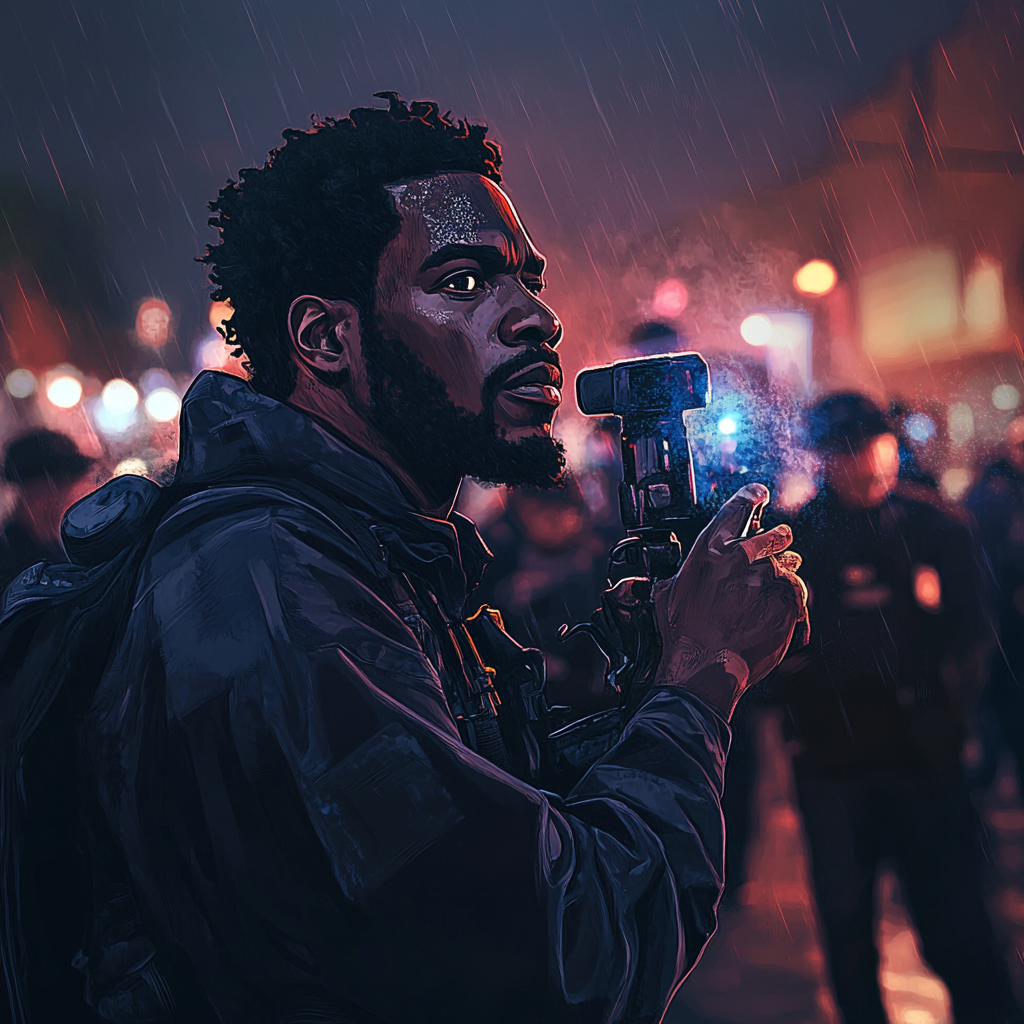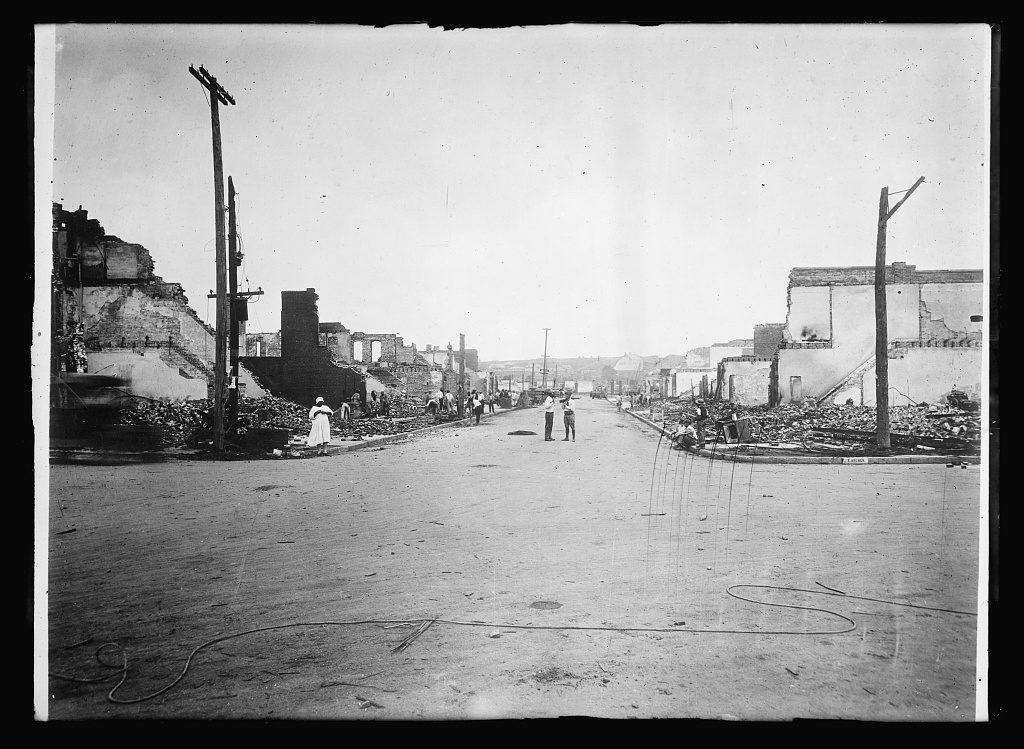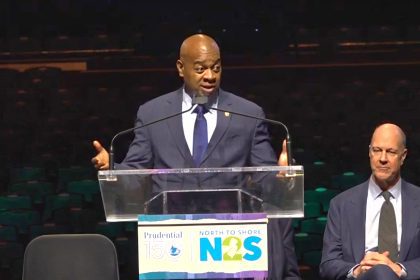The psychological wounds of COINTELPRO — the FBI’s covert operation targeting civil rights movements — continue to affect former Black Panther Party members decades after its official end. This systematic campaign of surveillance and harassment has left an indelible mark on those who dared to fight for racial equality and justice.
COINTELPRO, launched in 1956, began by monitoring communist organizations but quickly expanded its reach to civil rights groups and Black liberation movements during the 1960s. The program’s mission to “neutralize” perceived threats translated into a sinister reality of illegal surveillance, infiltration and targeted harassment of activists.
A legacy of resistance and survival
Former Panthers like Cleo Silvers exemplify both the cost and resilience of Black activism. As a community organizer who led initiatives at Lincoln Hospital in the South Bronx and coordinated health screenings for underserved neighborhoods, Silvers faced relentless FBI interference. Recently declassified documents reveal the extent of surveillance she endured, leading to ongoing hypervigilance and anxiety that persists today.
The impact extends to activists like Malik Rahim, whose post-Hurricane Katrina humanitarian work through Common Ground faced unexpected obstacles. In 2006, the New Orleans Joint Terrorism Task Force initiated a “threat assessment” against his organization, demonstrating how historical patterns of surveillance continue to manifest in modern contexts.
Breaking the silence: From trauma to healing
The psychological impact of living under constant surveillance has become normalized for many former activists. The discovery of informants within their inner circles created deep-seated trust issues that continue to affect their personal and professional relationships. This betrayal did more than strain friendships — it actively undermined efforts to secure housing for low-income residents and sabotaged political initiatives aimed at community improvement.
Despite these challenges, many survivors of COINTELPRO’s tactics have found ways to transform their trauma into fuel for continued activism. Their experiences serve as crucial lessons for contemporary social justice movements, highlighting the importance of protecting mental health while pursuing systemic change.
Moving forward while honoring the past
Today’s activists draw strength from these historical experiences, developing strategies that balance the need for security with effective community organizing. The legacy of COINTELPRO reminds us that progress often comes at a personal cost, but it also demonstrates the unbreakable spirit of those committed to social justice.
The story of COINTELPRO’s impact transcends its historical context, offering valuable insights for modern movements. While surveillance techniques have evolved with technology, the fundamental struggle for dignity and justice remains unchanged. Understanding this history helps contextualize current challenges while honoring those who paved the way for today’s activism.
As we reflect on COINTELPRO’s lasting effects, we must acknowledge both the trauma inflicted and the extraordinary resilience demonstrated by those who continued their work despite overwhelming opposition. Their experiences remind us that the fight for equality requires not just courage and conviction, but also awareness of the psychological toll that sustained activism can take.
The spirit of resistance that characterized the Black Panther Party’s response to COINTELPRO lives on in contemporary movements for social justice. While the methods of surveillance and suppression may have changed, the determination to overcome them remains as strong as ever.











